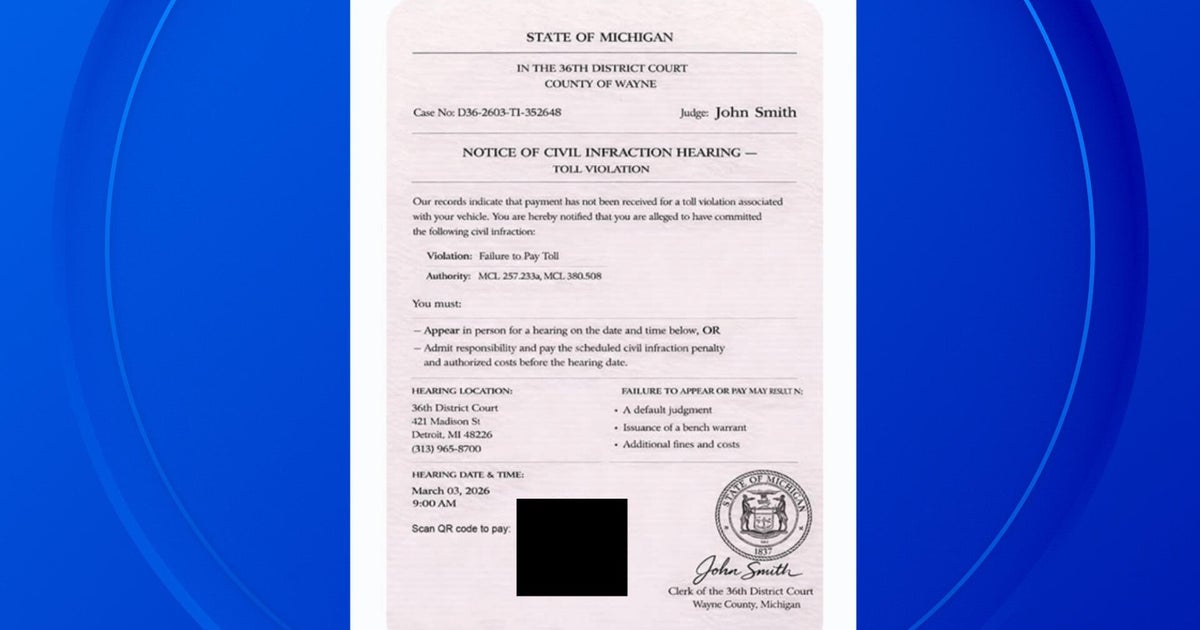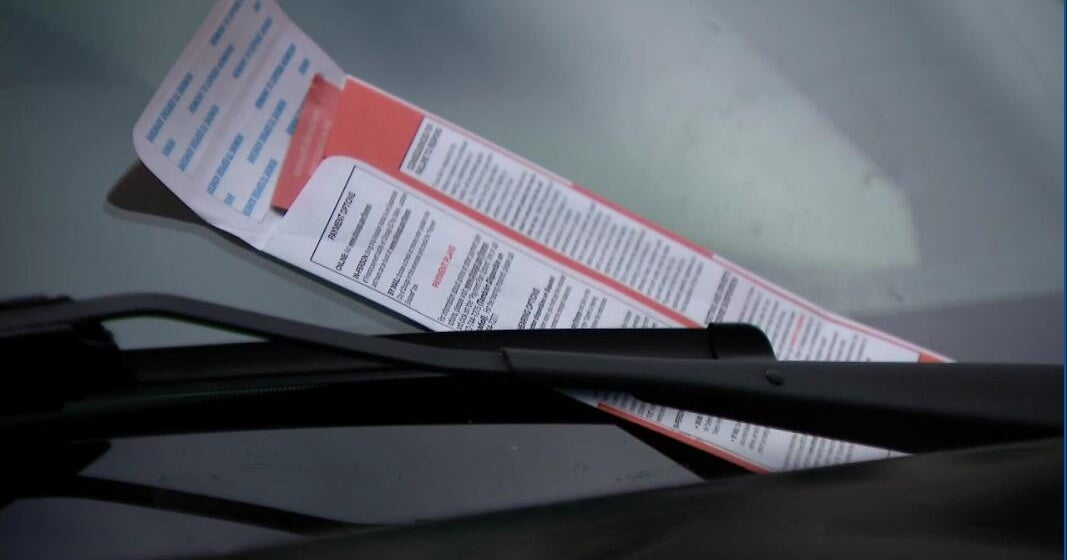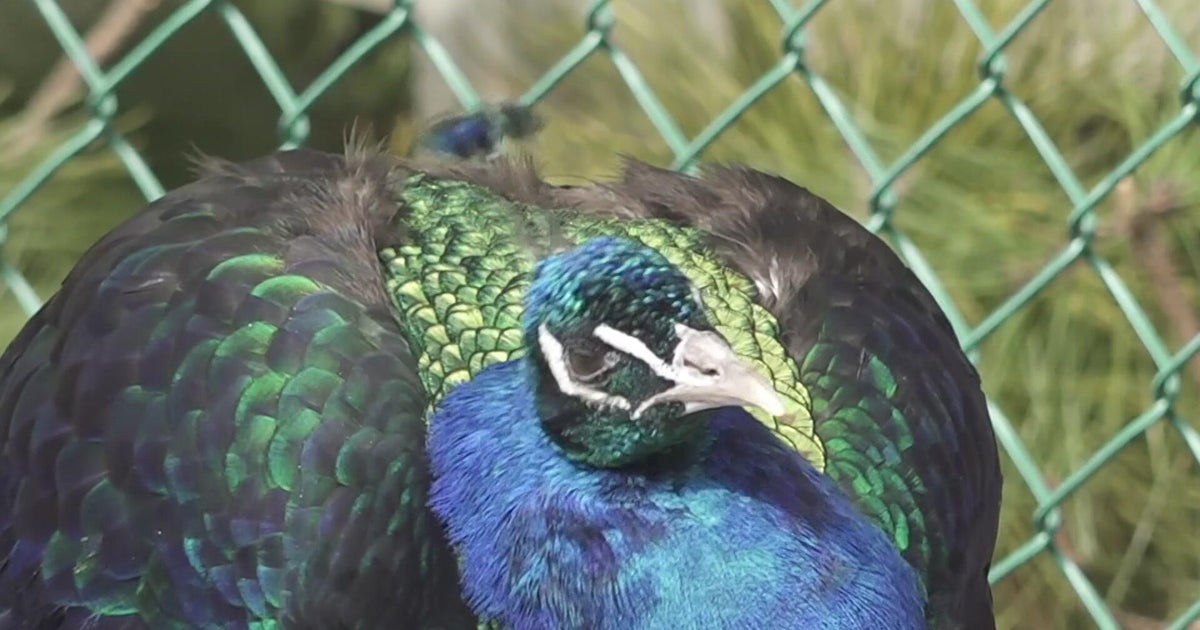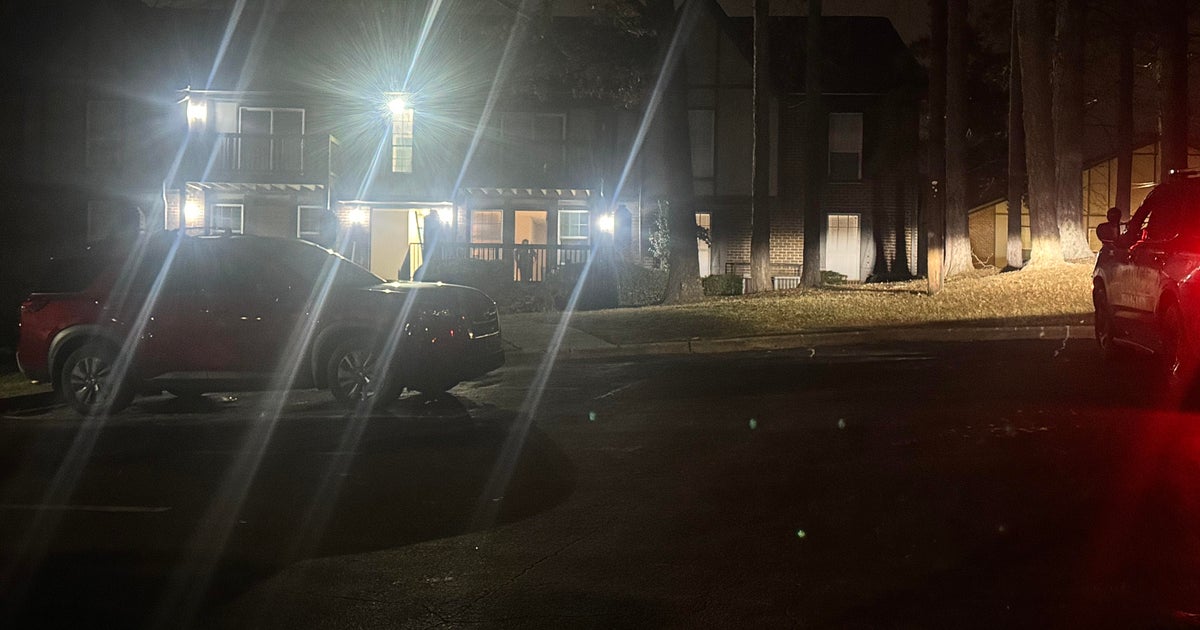Scammers target animal lovers with injured dog posts
MINNEAPOLIS – A heart wrenching scam is targeting animal lovers on Facebook.
The Better Business Bureau released a warning about the scam this past fall, saying it's on the rise in local community and buy-and-sell groups.
The scam stems from fake posts about injured or missing dogs, and in some cases, children. The poster urges people to share it on their page to their friends. After it's been shared many times, the scammer then edits the post to include a malicious link or service.
"It disheartens me to hear it, yeah, because I know that animal lovers are very giving and compassionate people, too," dog owner Aero Zachritz said.
Security expert Mark Lanterman says the scammer's goal is to steal money or personal information.
"These scammers trick us into helping them. Your friends trust you so they may take action on that ad that has now changed, and not the ad that you intended to share," Lanterman said.
He says users can verify the post by looking at the original poster's profile. If it was created recently, it's likely fake. Spelling errors and strange details in the picture can also reveal red flags.
"Scammers always create new profiles once their old profiles get banned by Facebook," Lanterman said.
Scammers often use emotion and urgency to compel users to share their post.
"It's sad to see that people are taking advantage of other people, like especially their sympathy," dog owner Arjun Kataria said.
BBB offers these tips to avoid being scammed by a bait-and-switch Facebook ad:
* Do a bit of digging before resharing a post on your profile. Read the information carefully and look at the profile of the person who created and shared the original post. If the profile is from Florida but shared the post in a Canadian group, it may be a red flag of a bait-and-switch publication.
* Find out when the poster created the Facebook profile. Scammers always create profiles when their old one gets banned. If you click on their profile, it will tell you how long they have been a member of the group. You can also find additional information on their public profile.
* You should see it in the news. If a child goes missing or a tragedy occurs, you'll most likely see it on different news outlets or shared by law enforcement, not on a random post.
* Do a reverse image search on Google. That will allow you to find out if the pictures you saw were used on other ads or websites in different cities.
* Find similar posts. Copy and paste the text from the post into Facebook's search tool to see if other posts with the same text and different pictures show up.
* If you suspect a post is a scam, report it to Facebook.








